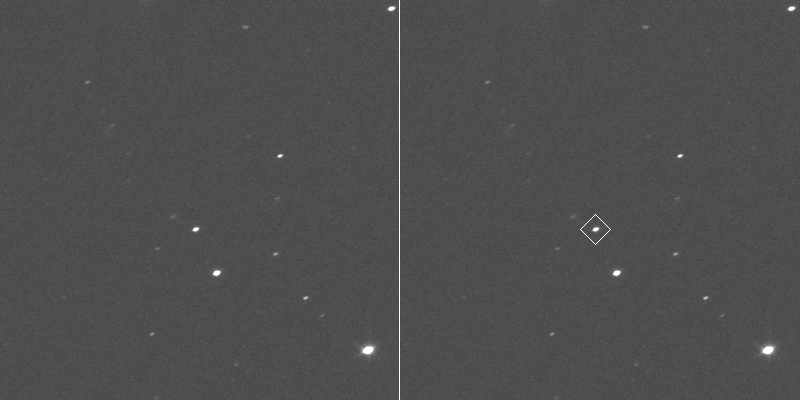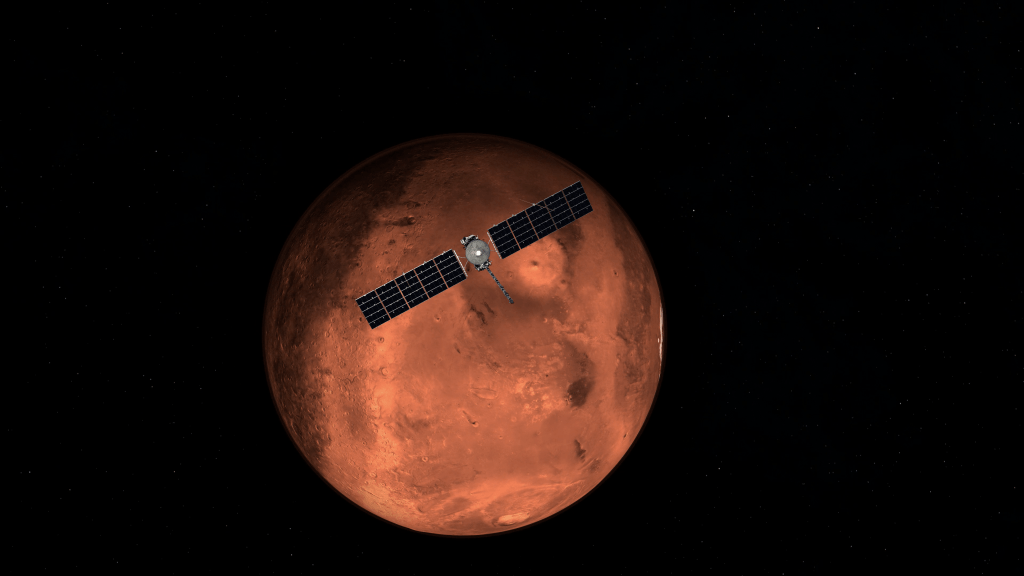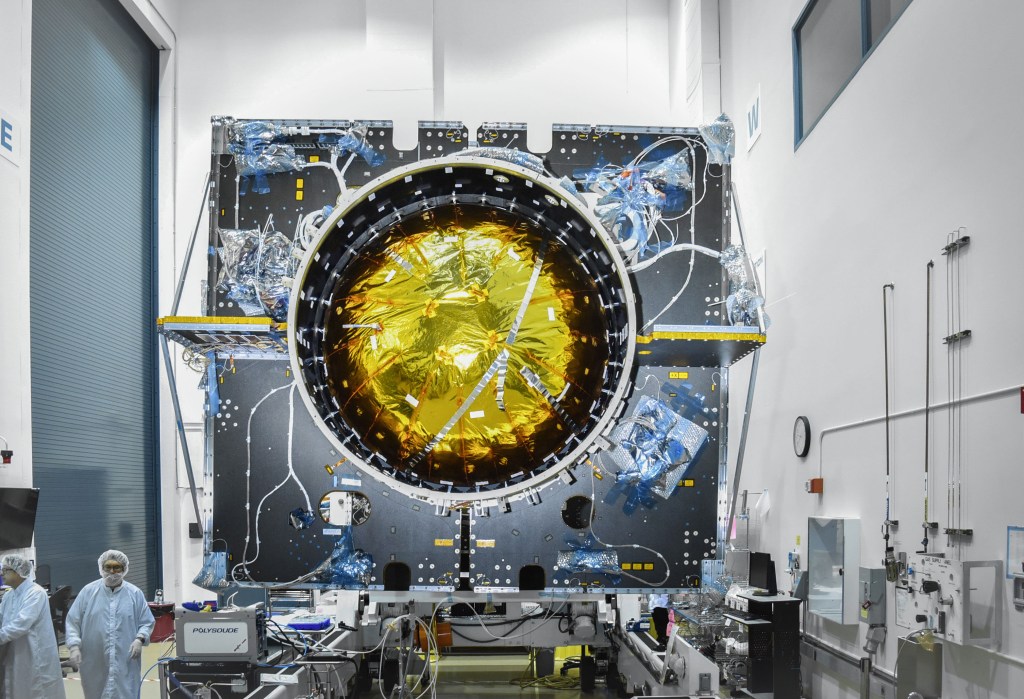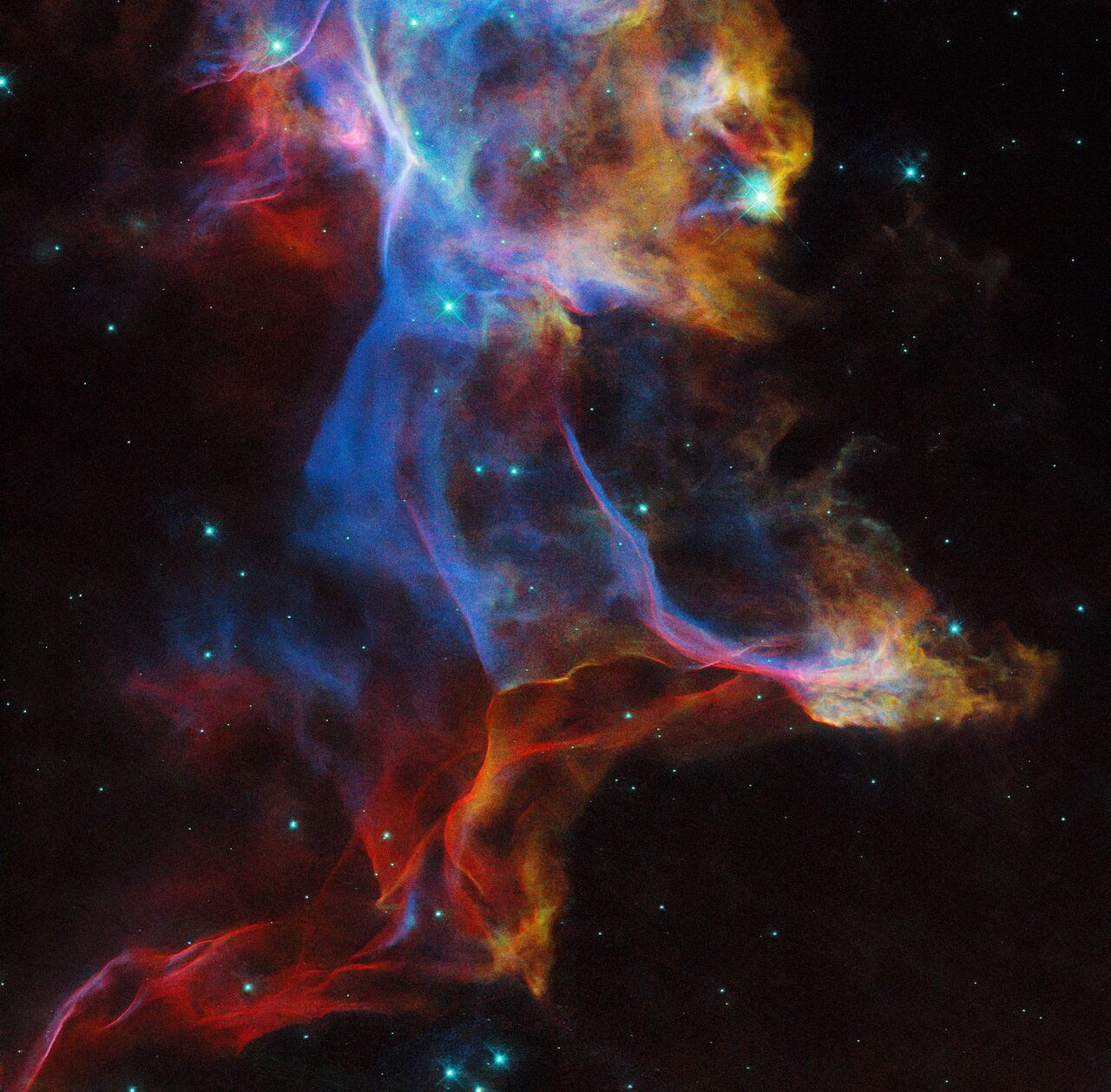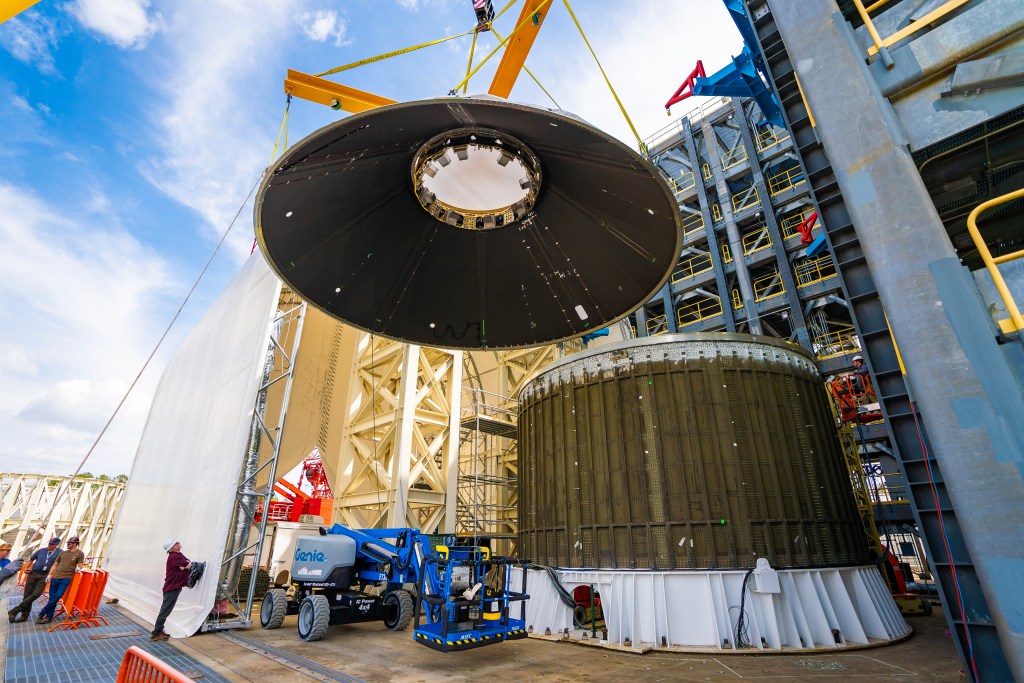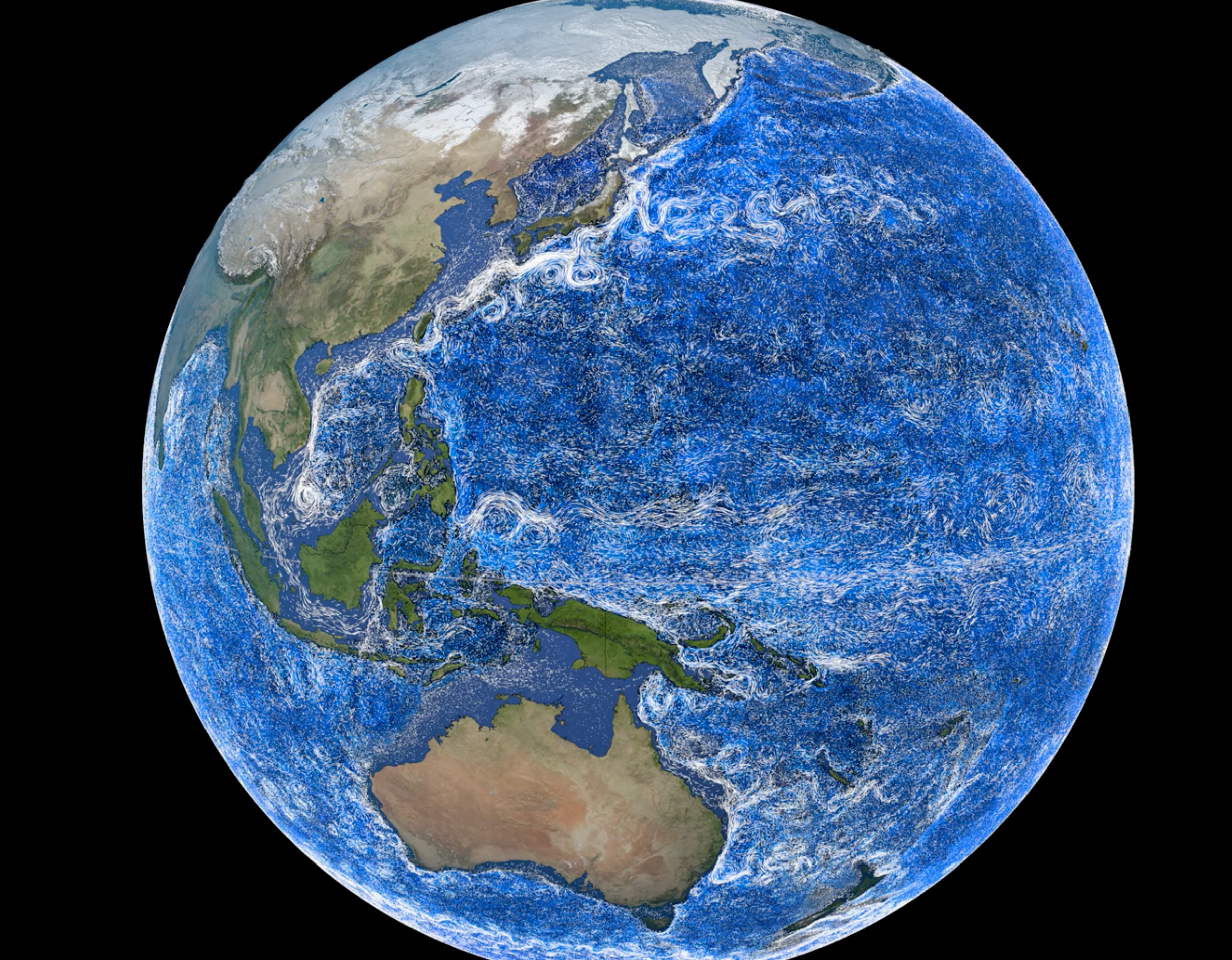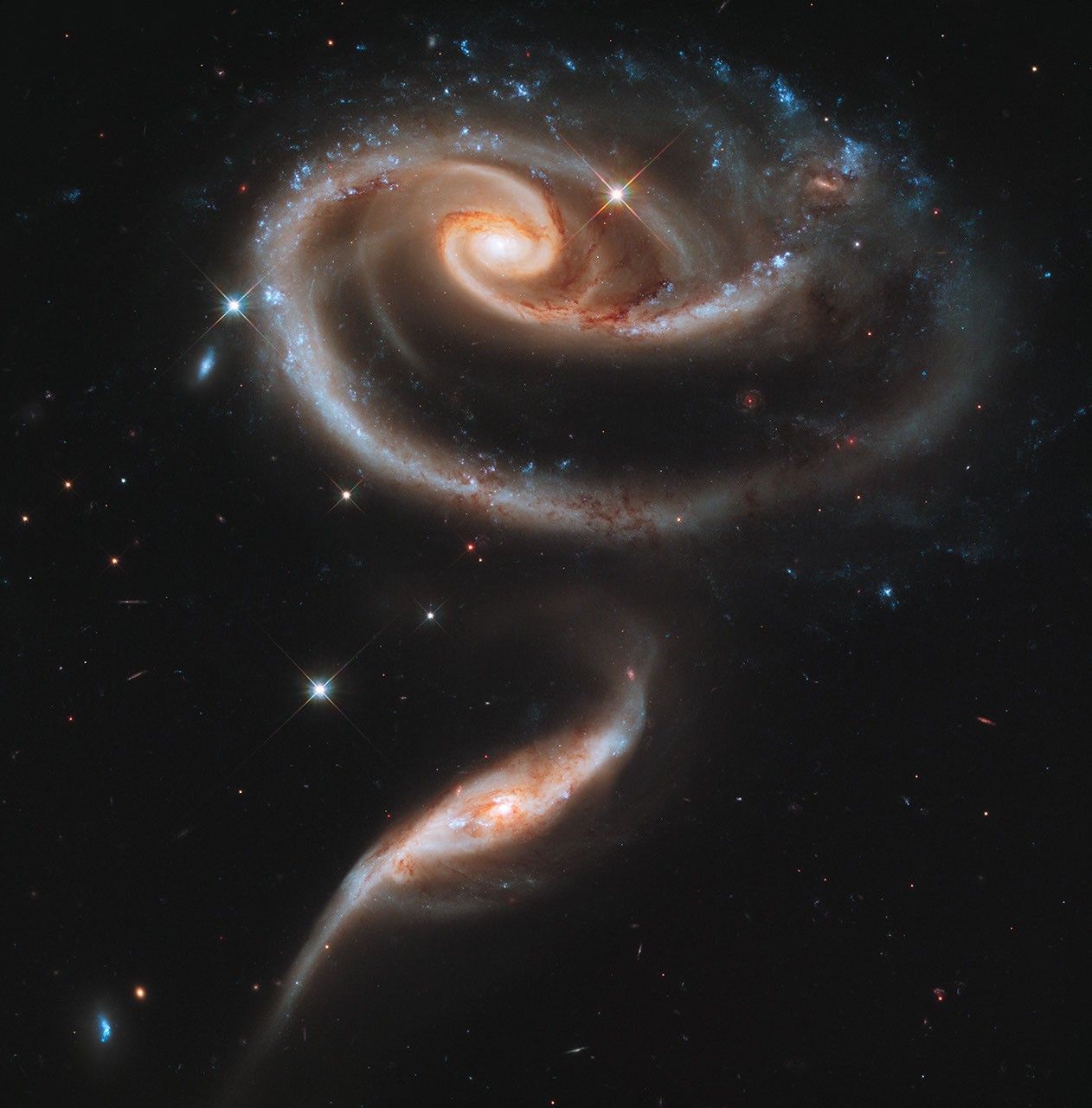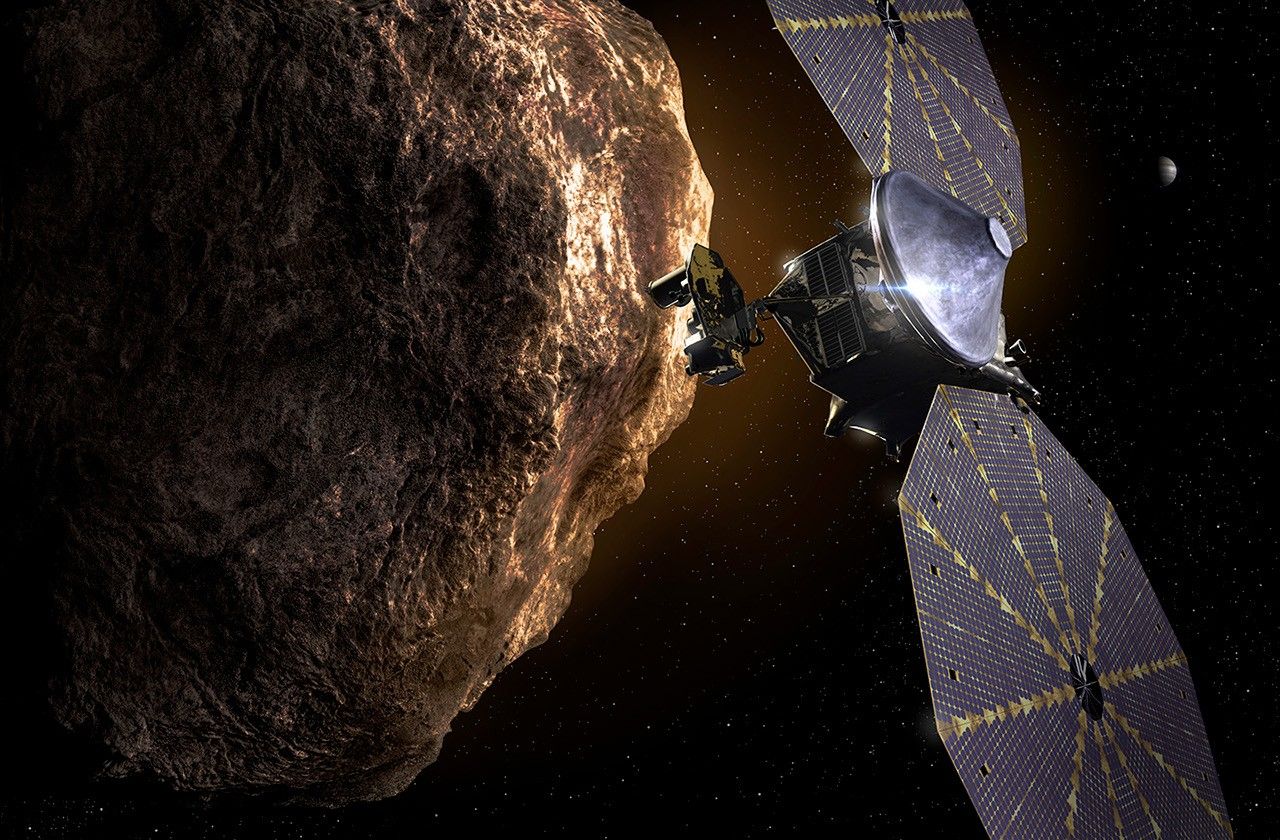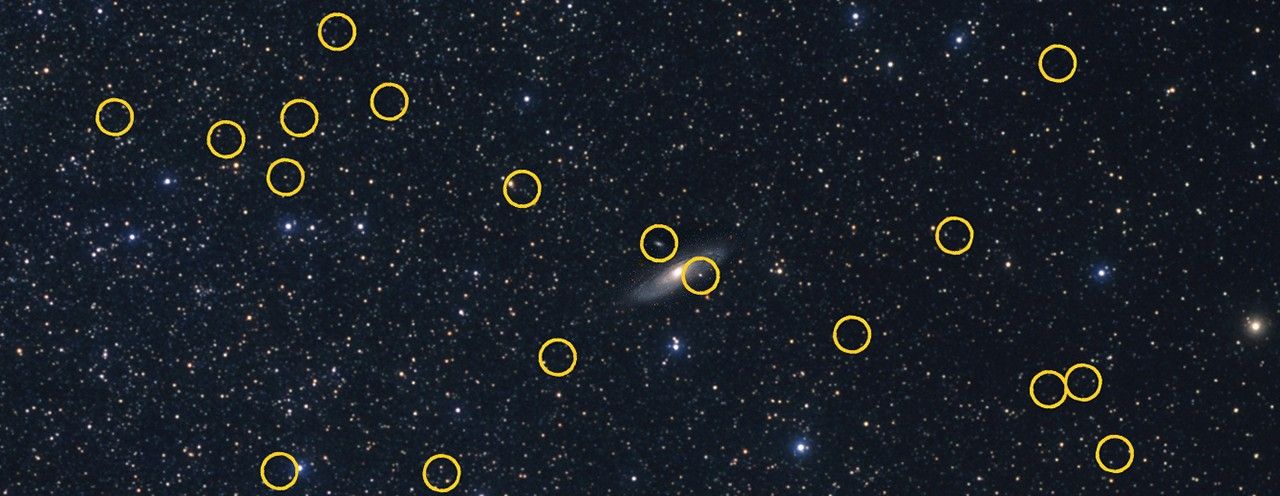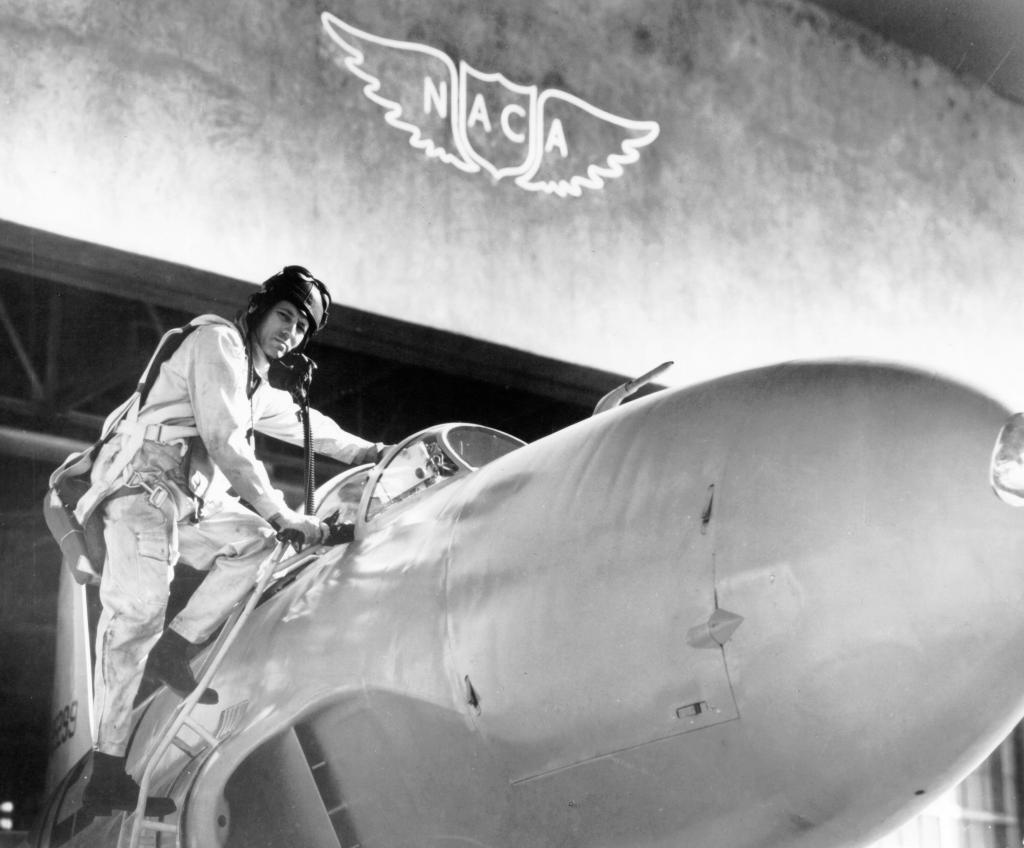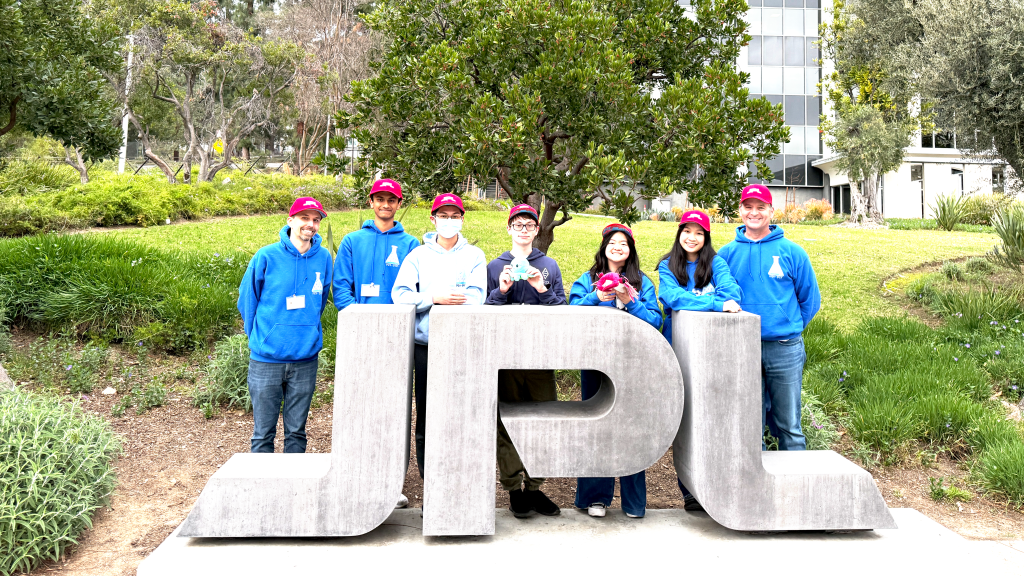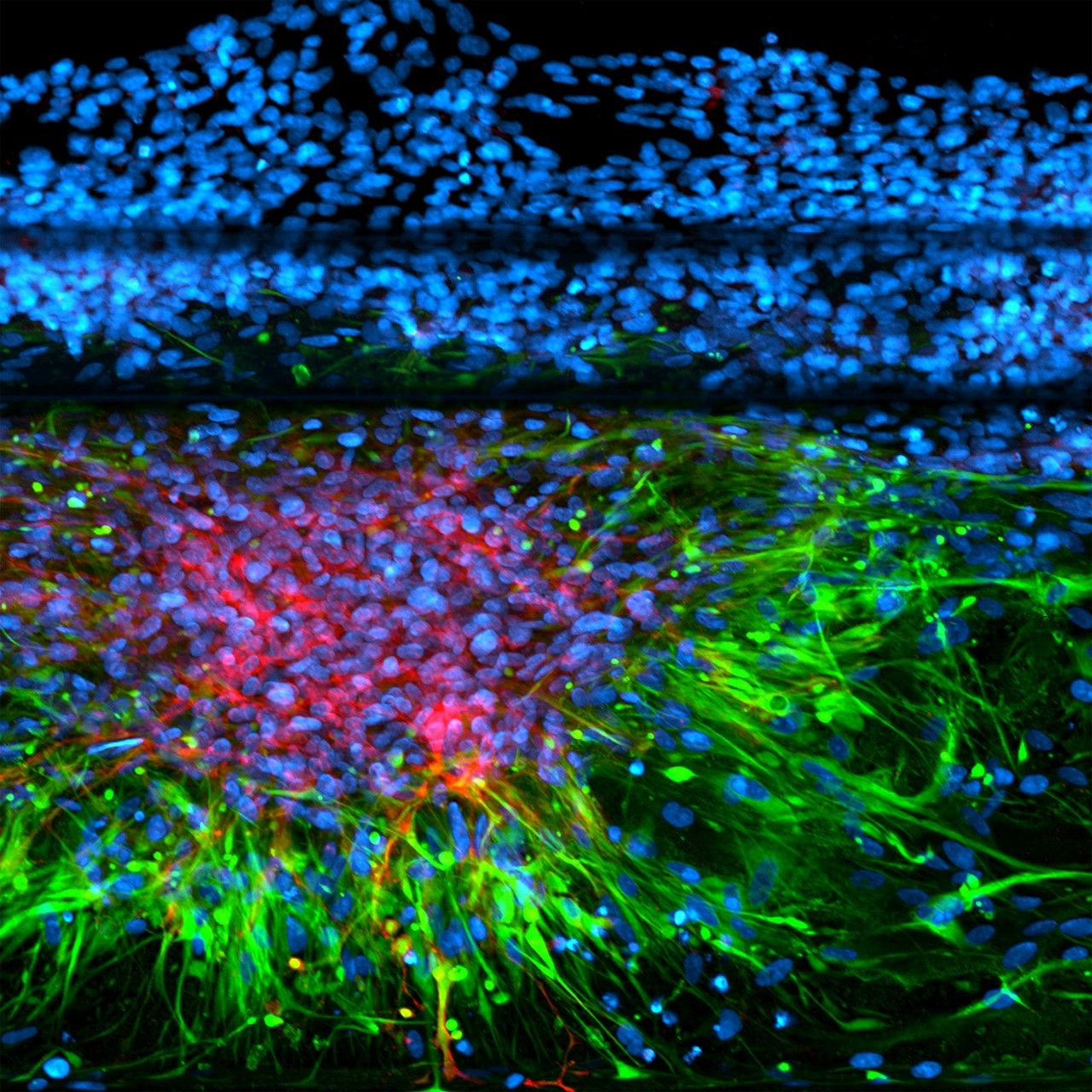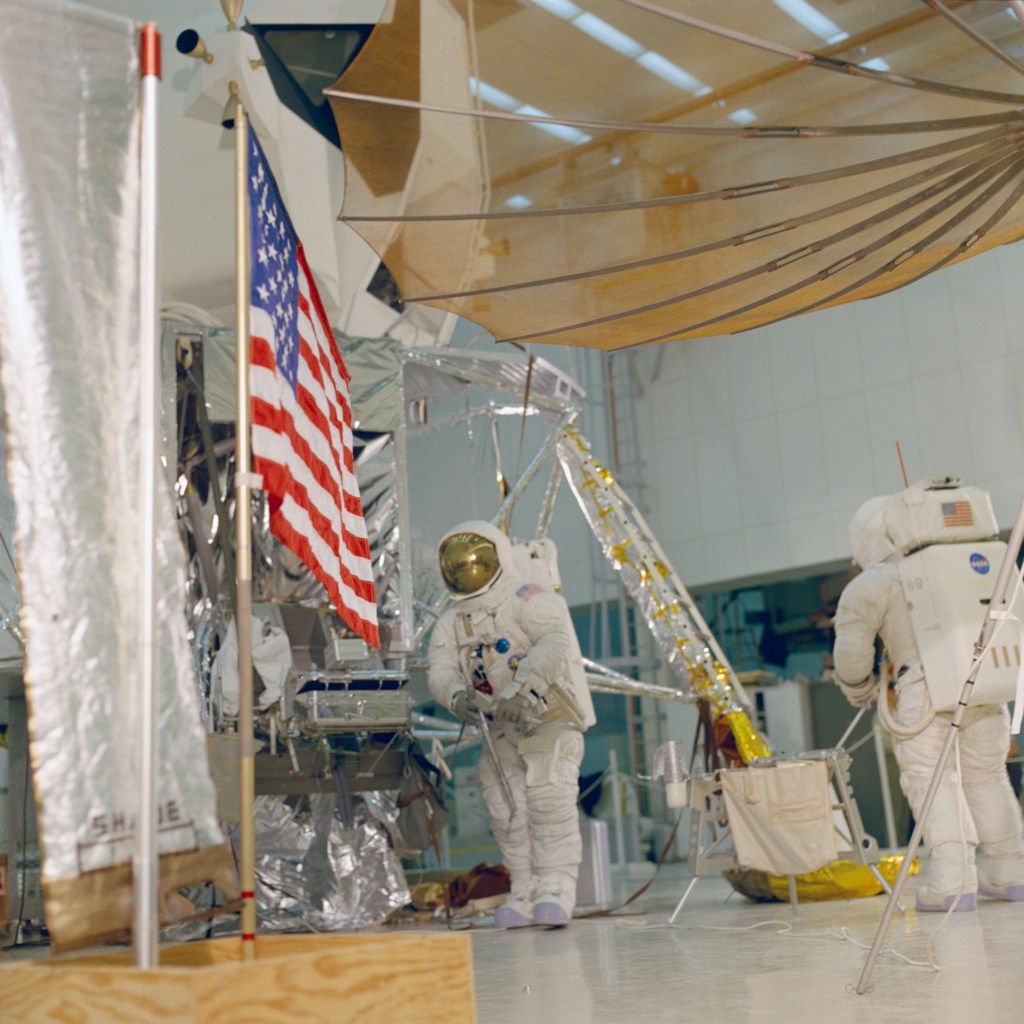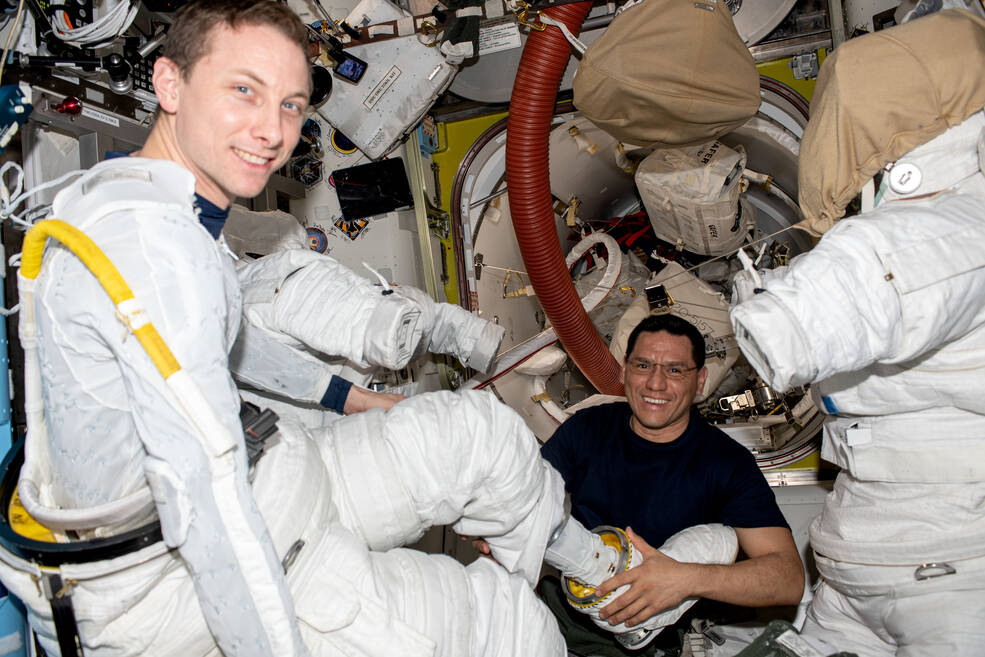As part of the state’s first Earth-to-space call, students from Louisiana will have an opportunity soon to hear from NASA astronauts aboard the International Space Station.
As part of the state’s first Earth-to-space call, students from Louisiana will have an opportunity soon to hear from NASA astronauts aboard the International Space Station.
NASA astronauts Frank Rubio and Woody Hoburg will answer prerecorded questions from Lake Charles-area students through the Louisiana Science, Technology, Engineering, and Mathematics Advisory Council’s NASA ASTRO CAMP. The Lake Charles area was affected by two hurricanes recently and this event is designed to help inspire and excite local students participating in a week-long camp experience.
The downlink will air live at 10:15 a.m. EDT Tuesday, July 25, on NASA Television, the NASA app, and the agency’s website.
Hosted by the Louisiana Space Grant, which is funded through NASA’s Office of STEM Engagement, the event will reach 300 students in-person and 5,000 students virtually.
Media interested in covering the event should RSVP no later than 6 p.m. on Monday, July 24, to Holly Holland at 337-540-0890 or holly.holland@cpsb.org.
For more than 22 years, astronauts have continuously lived and worked aboard the space station, testing technologies, performing science, and developing the skills needed to explore farther from Earth. Astronauts living in space aboard the orbiting laboratory communicate with NASA’s Mission Control Center in Houston 24 hours a day through the Space Communications and Navigation (SCaN) Near Space Network.
Important research and technology investigations taking place aboard the space station benefits people on Earth and lays the groundwork for future exploration.
As part of Artemis, NASA will send astronauts to the Moon to prepare for future human exploration of Mars. Inspiring the next generation of explorers – the Artemis Generation – ensures America will continue to lead in space exploration and discovery.
See videos and lesson plans highlighting research on the International Space Station at:
-end-
Katherine Brown
Headquarters, Washington
202-358-1288
katherine.m.brown@nasa.gov
Sandra Jones
Johnson Space Center, Houston
281-483-5111
sandra.p.jones@nasa.gov

